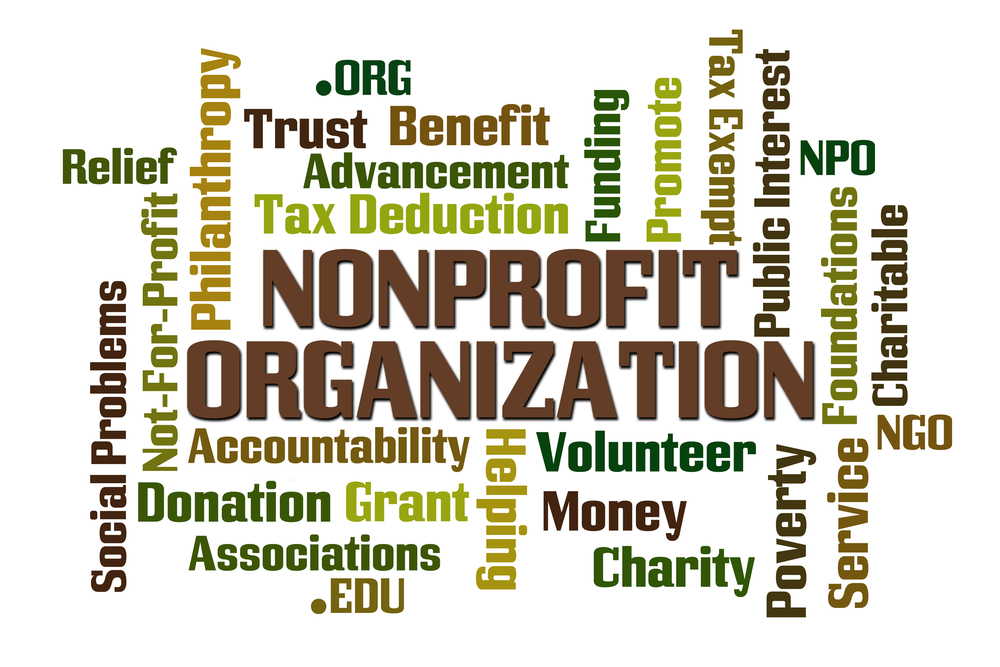Sharing Employees
When affiliated nonprofits work closely together, it is often cost effective to have some shared staff. When structuring shared staffing arrangements, it is important to carefully consider and document how costs will be allocated between the organization. Common arrangements include employee leasing and employee loan arrangements.









